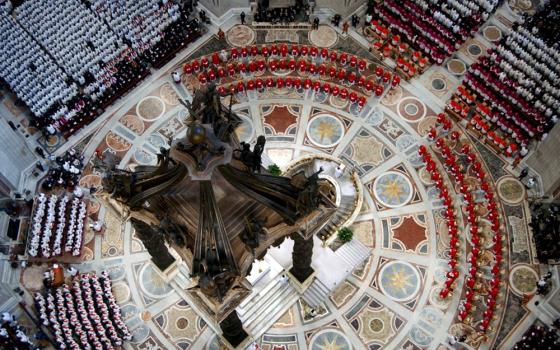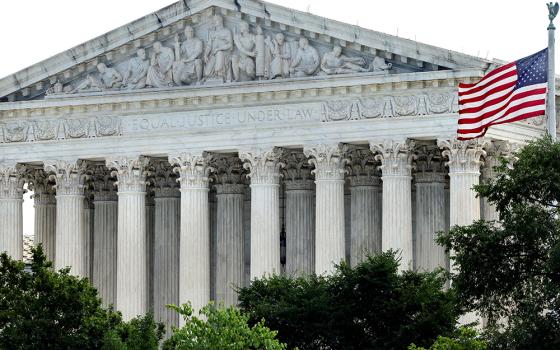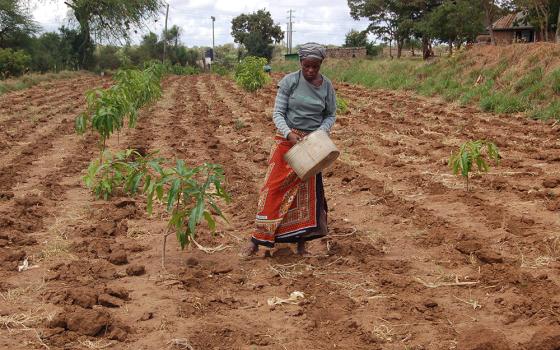Speaking with a friend last night, I said, "I could write about Evangelii Gaudium for the rest of the month and still not have touched on everything." I am not going to test the thesis, but over the next few days at least, I wish to share certain parts of the text that did not get into my initial three posts on Evangelii Gaudium but which are important.
For example, Paragraphs 71 and 72 are striking. So much of what we hear from religious leaders seems to conform to rural culture, but has little to say to urban culture. Pope Francis is a man of the city and sees cities as playing a specific role in the economy of salvation. These two paragraphs are worthy of serious reflection.
71. The new Jerusalem, the holy city (cf. Rev 21:2-4), is the goal towards which all of humanity is moving. It is curious that God’s revelation tells us that the fullness of humanity and of history is realized in a city. We need to look at our cities with a contemplative gaze, a gaze of faith which sees God dwelling in their homes, in their streets and squares. God’s presence accompanies the sincere efforts of individuals and groups to find encouragement and meaning in their lives. He dwells among them, fostering solidarity, fraternity, and the desire for goodness, truth and justice. This presence must not be contrived but found, uncovered. God does not hide himself from those who seek him with a sincere heart, even though they do so tentatively, in a vague and haphazard manner.
72. In cities, as opposed to the countryside, the religious dimension of life is expressed by different lifestyles, daily rhythms linked to places and people. In their daily lives people must often struggle for survival and this struggle contains within it a profound understanding of life which often includes a deep religious sense. We must examine this more closely in order to enter into a dialogue like that of our Lord and the Samaritan woman at the well where she sought to quench her thirst (cf. Jn 4:1-15)






